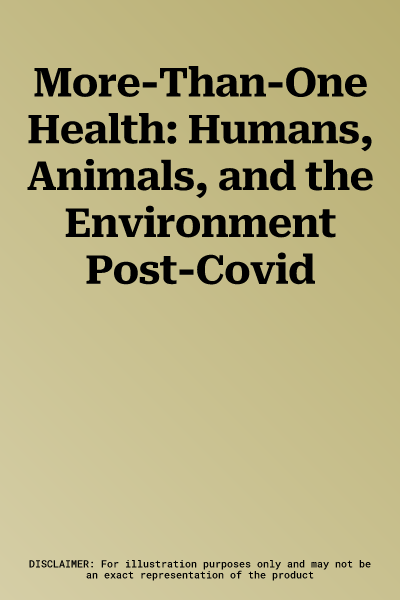This edited volume examines the complex entanglements of human, animal,
and environmental health. It assembles leading scholars from the
humanities, social sciences, natural sciences, and medicine to explore
existing One Health approaches and to envision a mode of health that is
both more-than-human and also more sensitive to, and explicit about,
colonial and neocolonial legacies--urging the decolonization of One
Health.
While acknowledging the importance of One Health, the volume at the same
time critically examines its roots, highlighting the structural biases
and power dynamics still at play in this global health regime. The
volume is distinctive in its geographic breadth. It travels from Inuit
sled dogs in the Arctic to rock hyraxes in Jerusalem, from black-faced
spoonbills in Taiwan to street dogs in India, from spittle-bugs on
Mallorca's almond trees to jellyfish management at sea, and from rabies
in sub-Saharan Africa to massive culling practices in South Korea.
Together, the contributors call for One Health to move toward a more
transparent, plural, and just perception of health that takes seriously
the role of more-than-humans and of nonscientific knowledges, pointing
to ways in which One Health can--and should--be decolonized.
This volume will appeal to researchers and practitioners in the medical
humanities, posthumanities, environmental humanities, science and
technology studies, animal studies, multispecies ethnography,
anthrozoology, and critical public health.
The Open Access version of chapter 1, available at http:
//www.taylorfrancis.com/books/e/9781003294085, has been made available
under a Creative Commons Attribution-Non Commercial-No Derivatives 4.0
license. Funded by the Wellcome Trust.

